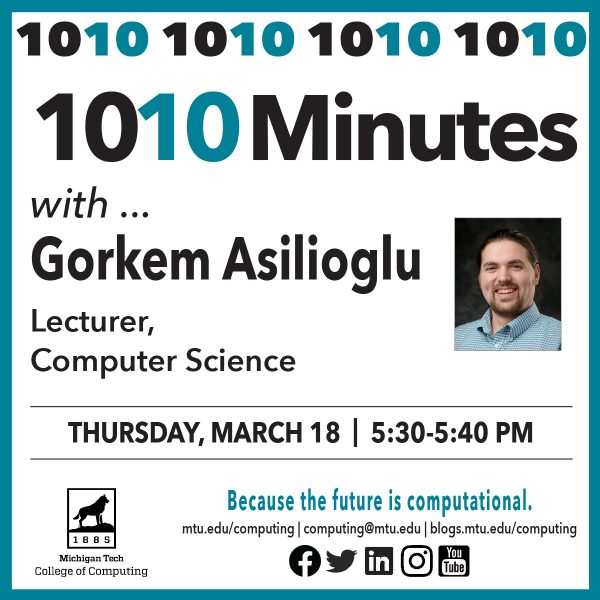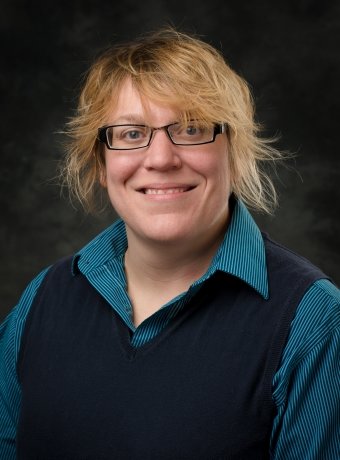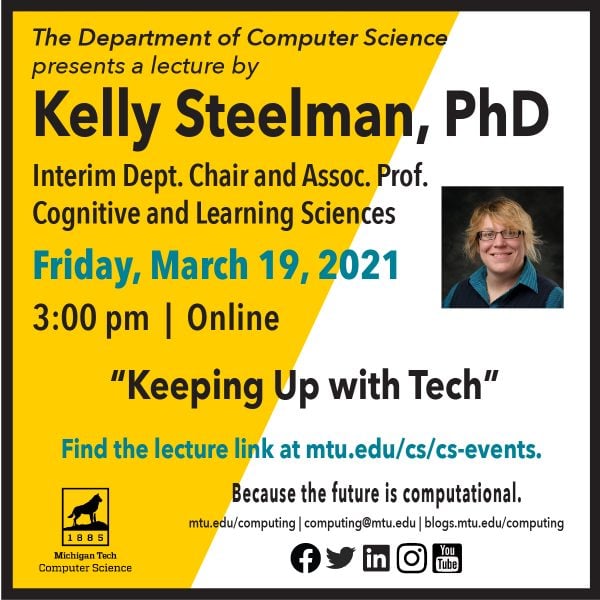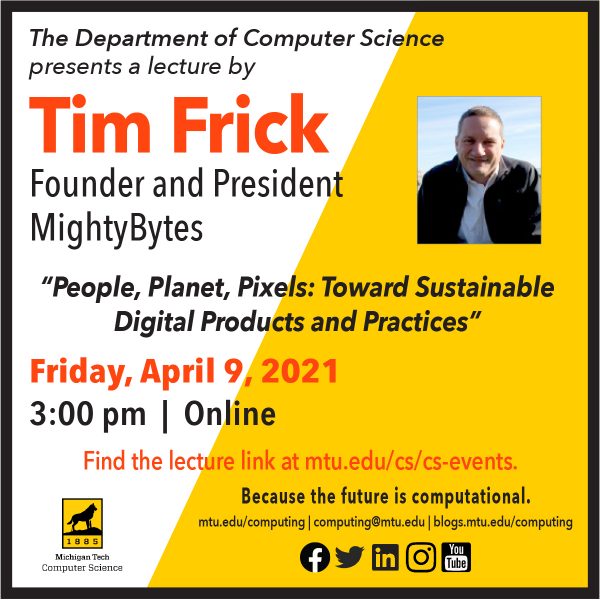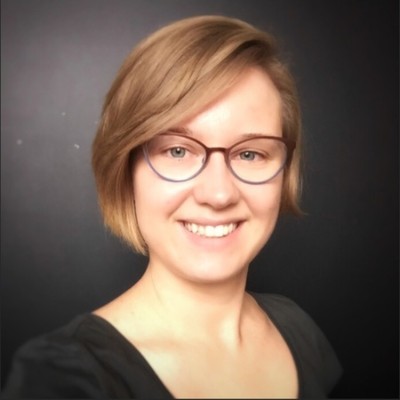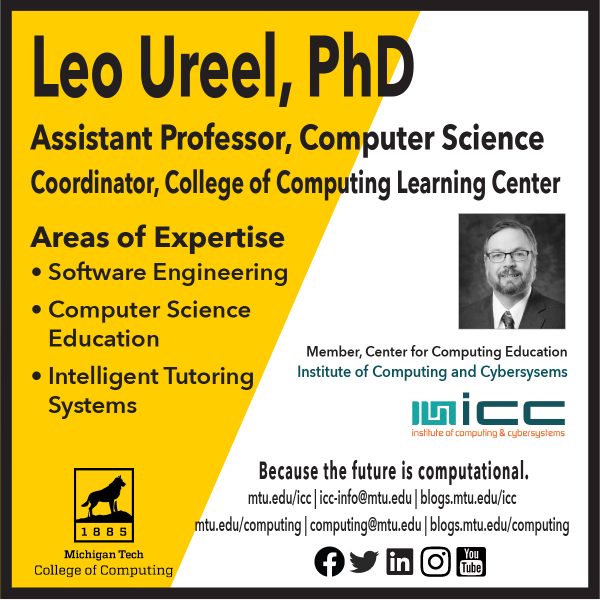The next Physics Colloquium will be held at 4 p.m. today (March 18) via Zoom. Alice Allen will present “Schrödinger’s code: Opening the computational box.”
Allen is a faculty specialist in the Astronomy Department at the University of Maryland (College Park) and editor-in-chief of the Astrophysics Source Code Library (ASCL). Her abstract and bio can be viewed here.
If you haven’t registered for the weekly Physics Colloquium series in the past, please register in advance for this event.
